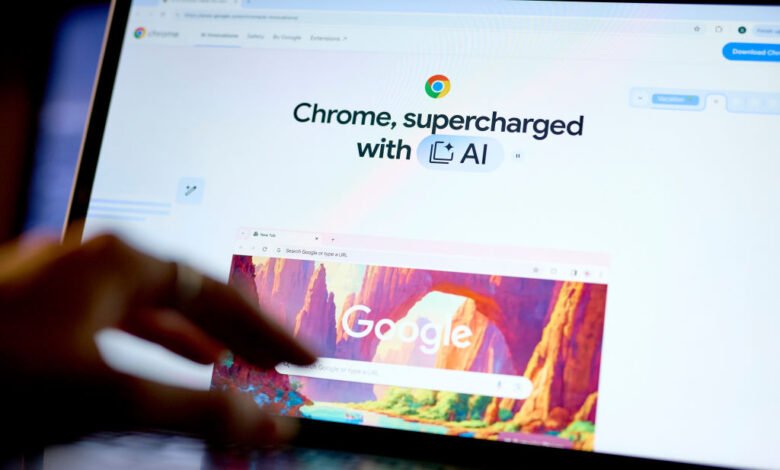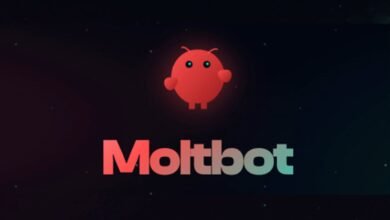Who Needs an AI Browser?

▼ Summary
– OpenAI launched ChatGPT Atlas, an AI-powered web browser that has prompted discussion about whether it could replace established browsers like Safari.
– The podcast hosts expressed skepticism about switching to AI browsers, noting they offer only slight efficiency gains and sometimes perform tasks users wouldn’t normally do.
– AI browsers face significant challenges in competing with major browsers because it’s historically difficult to make money from browsers alone, though OpenAI’s funding may help.
– There are concerns about security risks with AI browsers and questions about how they might impact the open web by reducing the importance of traditional websites.
– The hosts question the practical value of AI browsers for average users, noting that current experiences are not compelling enough to drive widespread adoption.
The recent launch of OpenAI’s ChatGPT Atlas, an AI-driven web browser, has sparked fresh discussions about whether it’s time to move away from established options like Safari. On the latest Equity podcast, hosts explored the browser market and debated the real-world appeal of these new AI-powered tools. Despite the buzz, none of the panelists expressed immediate plans to switch, pointing to practical limitations and unproven benefits for everyday users.
Max Zeff shared his firsthand experience with Atlas and similar browsers, noting that the promised efficiency gains are minimal at best. He described watching the AI agent slowly click through websites to complete tasks, like finding a recipe and adding ingredients to a shopping cart, that most people wouldn’t bother automating. While the tech industry is excited about an “agentic web,” Max questioned whether average consumers actually need or want these features.
Sean O’Kane highlighted another major hurdle: profitability. He observed that many companies have attempted to compete with dominant browsers but ultimately failed because it’s nearly impossible to generate revenue from a browser alone. While OpenAI’s substantial funding might shield it from short-term financial pressures, Sean noted that sustainability remains a long-term challenge.
Anthony raised concerns about the broader implications for the open web. As AI interfaces take on more browsing responsibilities, he wondered if websites will become less relevant. He also mentioned his own shift away from Google search, driven by frustration with the flood of generative AI content in results.
The group agreed that while AI browsers represent an intriguing technical evolution, their value proposition for regular users remains unclear. Without a compelling reason to adopt them, these tools may struggle to gain traction outside of tech-savvy circles.
(Source: TechCrunch)





